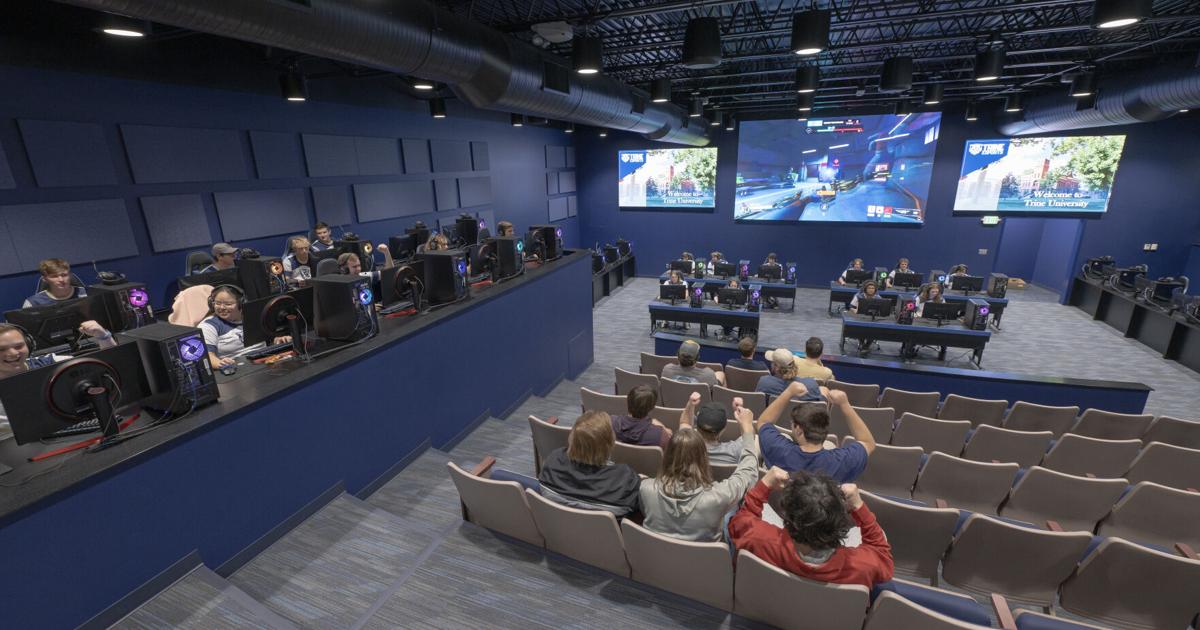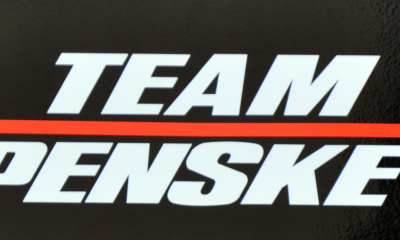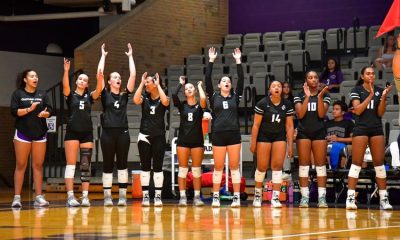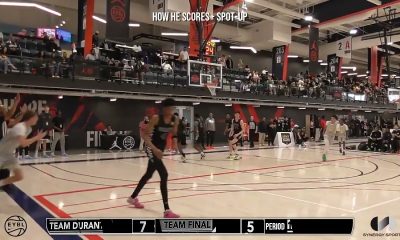Hudson Kelly had a love-hate relationship with the season of tennis he played at Prairie Heights High School in LaGrange.
His hunch that it would be fun to try something new while spending time with friends was correct, he said, but he hated the sport itself.
That sole season was Kelly’s extent of participating in extracurricular activities until he enrolled in Trine University, a close-to-home campus in Angola that further appealed to him because of its esports program. Playing video games was his pastime, and he looked forward to improving his skills, he said.
“I joined the program fairly easily and made even more friends,” said Kelly, who in April helped Trine’s Overwatch team win its second consecutive Eastern College Athletic Conference national title.
Esports isn’t just about victories, however.
Program leaders at northeast Indiana high schools and colleges said esports can also increase academic motivation, create a sense of community and belonging, improve communication and team-building skills, and engage a neglected demographic – students uninvolved in traditional athletics, clubs and other school activities, like band.
And for a state facing a declining college-going rate that now stands at 51.7%, esports programs offer another perk – the potential to put teens on a path to higher education. Institutions, including Indiana Tech, offer esports scholarships.
“It’s just like an athletic scholarship,” said Jake Middleton, the Fort Wayne university’s head esports coach.
Joe Wilhelm, Snider High School’s head esports coach, has seen such opportunities benefit students. About a dozen spring graduates are signed to play at institutions including Indiana Tech, Manchester University and Ball State University, he said. Such opportunities have benefited students who wouldn’t have gone to college otherwise, and recipients have included students who were failing classes before joining the program.
“It gives them a structure through which they’re motivated to do well in school,” said Wilhelm, who also serves as director of the Indiana Esports Network, a collective of more than 150 school districts statewide.
Jeremy Goossens, Trine’s esports director, agreed.
“Spending hours in front of a screen without any support can lead to withdrawing from school or a decrease of grades,” he said. “Creating a strong educational frame allows the use of gaming as a motivation to pursue their passion while building their future.”
Esports has caught the attention of state Rep. Kyle Miller, D-Fort Wayne. He proposed a bill this year calling for the Indiana Economic Development Corp. to study strategies allowing Indiana to become a leader in esports industry development.
After passing the House in February, the legislation was assigned to the Senate Committee on Commerce and Technology and never received a hearing.
Miller, who is planning his legislation for the next legislative session, said by email that esports could create lasting economic effects and attract people and companies to the state.
“Colleges throughout the state and the rest of the country already have dedicated high-tech spaces to esports competition and development, and many offer scholarships to recruit students for their varsity gaming teams,” Miller said. “The interest is clearly there, and if Indiana has an opportunity to be a leader in the growing industry, we should at least consider the potential impact it would have on our state economy.”
Broad appeal
Nearly 85% of Americans ages 5 to 17 play video games at least an hour each week, according to this year’s annual Entertainment Software Association report about the U.S. video game industry.
The hobby is popular among both genders, but the association’s report found boys and men play at higher frequencies across nearly all age groups. Among kids ages 5 to 12, 88% of boys reported playing at least an hour per week compared to 78% of girls. Gen Z – ages 13 to 28 – reported similar use by gender: 85% and 70%, respectively.
In Indiana, male high school graduates are less likely to immediately enroll in higher education than are their female counterparts. Statistics for the class of 2023 show the female college-going rate was 58% – 13 percentage points higher than the male rate, according to the Indiana Commission for Higher Education.
The disparity is even greater in Adams, Huntington, Kosciusko, LaGrange, Noble, Steuben and Whitley counties. The female college-going rate in those northeast Indiana communities outpace the male rate by 14 to 26 percentage points.
Students have told Middleton, the Indiana Tech coach, that they probably wouldn’t have gone to college if it wasn’t for the esports program, which is coed but predominantly male.
The opportunity to compete while earning a degree can also tip the scales for aspiring professional esports players, Middleton said.
“It’s like, ‘Hey, I can try to go pro. If it doesn’t work out, at least I have a degree as a backup plan,’ “ he said.
Goossens, the Trine esports director, can relate. He was once that student uninterested in school, wanting only to play video games. His parents used his passion as motivation by telling him an esports career is short, he said, and he could better secure his future by studying something that could apply to competitive video game play.
Goossens followed his parents’ advice, which led to earning an event management degree, he said, noting he was interested in hosting esports events. He has worked in esports for 11 years.
Social spot
The popularity of the $2.1 million esports facility Trine dedicated last September illustrates the demand for competitive video game spaces.
Trine indicates on its website that enrollment at the Angola campus totaled nearly 4,400 graduate, undergraduate and dual-enrollment students last fall. About 700 students used the Mark and Sarah Music/Ruoff Mortgage Esports Arena, making it one of the university’s busiest places, Goossens said.
He added students from nearby K-12 school districts are among the off-campus visitors who use the facility, which features about 60 gaming computers, a spectator area, a competitive battle stage and broadcast booth for livestreaming and commentary.
“It’s a great space to be around others,” Goossens said.
The alternative is students playing alone, he said, and that’s not good for retention.
Statistics for Indiana’s public institutions show only 48% of students graduate from college on time, although rates vary by campus type. About 60% of students attending four-year main campuses earn their degrees on time compared to 30% attending four-year non-main campuses and 24% attending two-year campuses, according to the Indiana Commission for Higher Education.
Like traditional college sports, esports requires players to have good grades, Goossens said, and study tables are offered for participants struggling academically. At Trine, team members must be passing their classes and have a minimum 2.5 GPA – or 3.0 for team captains.
Students who aren’t on the teams also must meet an academic standard to use the arena.
“This GPA requirement is 2.0 but is also paired with their class schedule to have their account disabled when they are supposed to be in class,” Goossens said.
Kelly, the Trine esports participant from LaGrange, said his team rallied behind a player whose grades jeopardized his status. The group worried they would have to find and build chemistry with a new teammate, Kelly said, but his friend improved his GPA.
“I was proud,” said Kelly, noting he would offer to help his teammate study, even if it meant driving back to campus.
K-12 schools, including Lakeland Junior-Senior High School in LaGrange, hold esports participants to the same standards as the Indiana High School Athletic Association, which has academic eligibility requirements. This adds another layer of support for students who might need extra help academically, said Garett Chrisman, head coach.
“The academic standard we stress is that students must be passing the majority of their classes,” he said. “If they fail more than one class, they are barred from competition until they improve their grades.”
Lakeland students are among those that have visited Trine’s facilities. Chrisman said those trips are about more than getting to play video games.
“They are ingratiating themselves with a postsecondary level esports team and Trine Esports’ associated educational programs,” he said.
“It helps them see for themselves how to develop a potential future in the fields of science and technology.”
























































